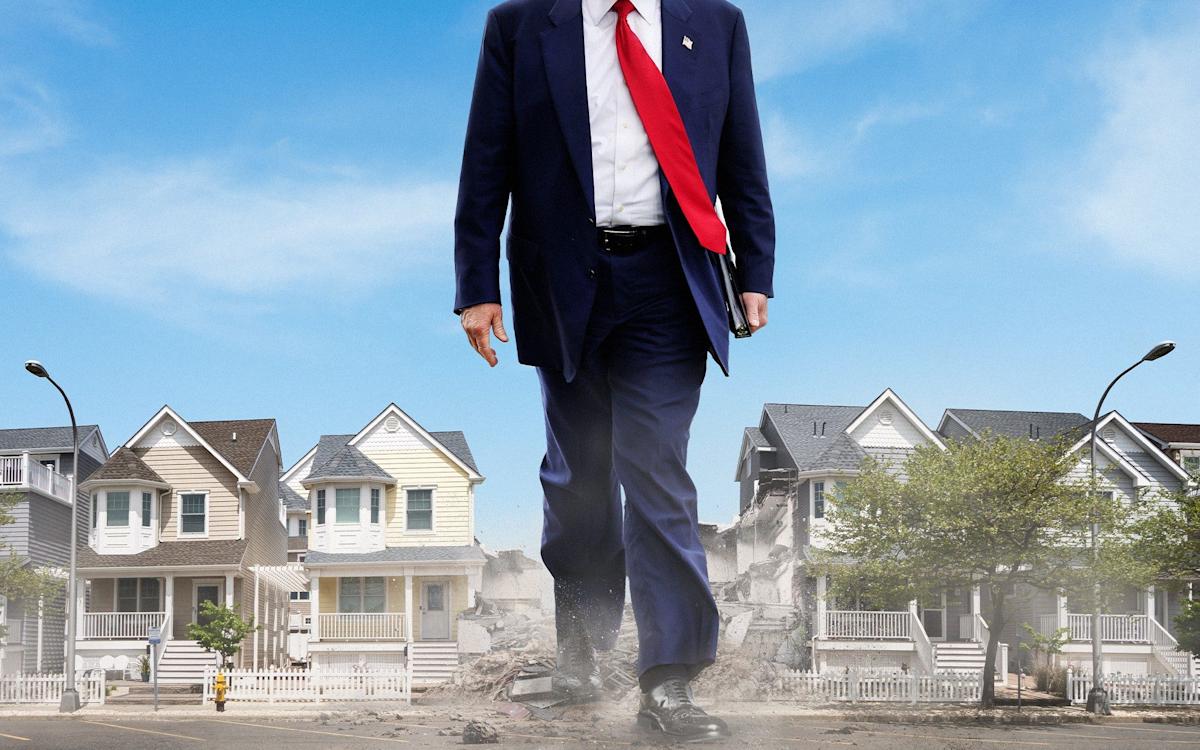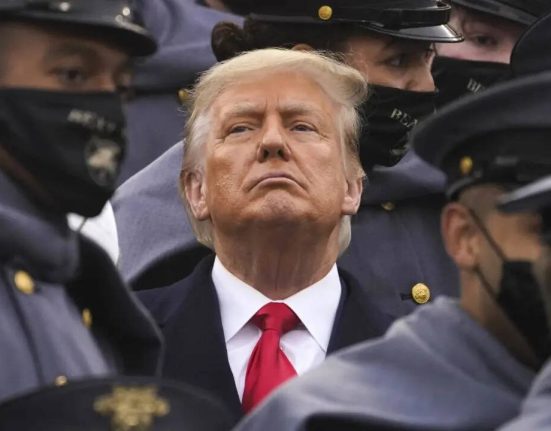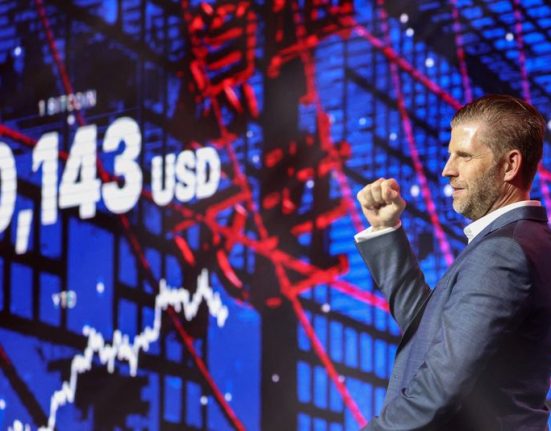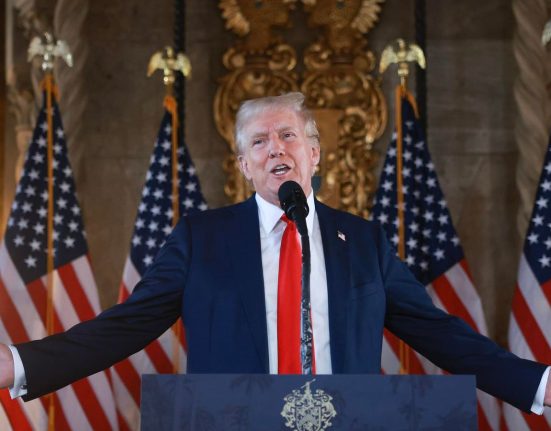Donald Trump is eyeing up what might become “the biggest deal in history” and the stakes could not be higher.
It could feasibly bring in hundreds of billions of dollars for the public purse and boost homeownership. Or it could send mortgage rates soaring.
The deal is the fate of Freddie Mac and Fannie Mae, the two mortgage giants that together back around $7 trillion (£5.2 trillion) of America’s $12 trillion mortgage market – a sum roughly double the size of the UK economy.
Shop Top Mortgage Rates
The two government-sponsored enterprises (GSEs) nearly went under during the financial crisis and were bailed out by the US Treasury in 2008.
For the last 17 years, they have been in government conservatorship, meaning they are governed by the Federal Housing Finance Agency (FHFA), with an explicit government guarantee behind their loans.
Now, the president wants to start cashing out.
“I am giving very serious consideration to taking Fannie Mae and Freddie Mac public,” Trump wrote on Truth Social on May 21.
“Fannie Mae and Freddie Mac are doing very well, throwing off a lot of CASH, and the timing would seem to be right. Stay tuned!”
The two GSEs have a combined net worth of almost $161bn. Selling a portion of these shares could rival the $25.6bn Saudi Aramco initial public offering (IPO) as the biggest listing in history.
But there are big potential problems.
It is not clear what the trade-off will be between the Treasury’s stake in the GSEs and those of private investors, who include several of Trump’s billionaire backers. The deal raises questions about threats to financial stability, and there is a risk it could drive mortgage rates higher.
In early June, a group of 14 Democrat senators led by Elizabeth Warren wrote to FHFA director William Pulte warning the result could be “disastrous”.
Fannie and Freddie are enormous. Between them, they support about 70pc of the US mortgage market. “Back in 2007, they were a sizeable chunk of the market, now they are almost its entirety,” says Jim Parrott, of the Urban Institute.
The GSEs function by buying up mortgage loans from banks. They pool the mortgages into trusts and slice them up to issue mortgage-backed securities (MBS), an investment vehicle similar to a bond. These are then sold to insurers and pension funds.
Fannie and Freddie earn a fee by guaranteeing the debt. This is one of the bedrocks of the American financial system.
There are many good reasons to end conservatorship, which was supposed to be a temporary crisis measure.
Aaron Klein, senior fellow on financial regulation at the Brookings Institution, argues that opening the GSEs up to private capital would free them from the government’s risk-averse lending terms and open up mortgage borrowing for first-time buyers.







